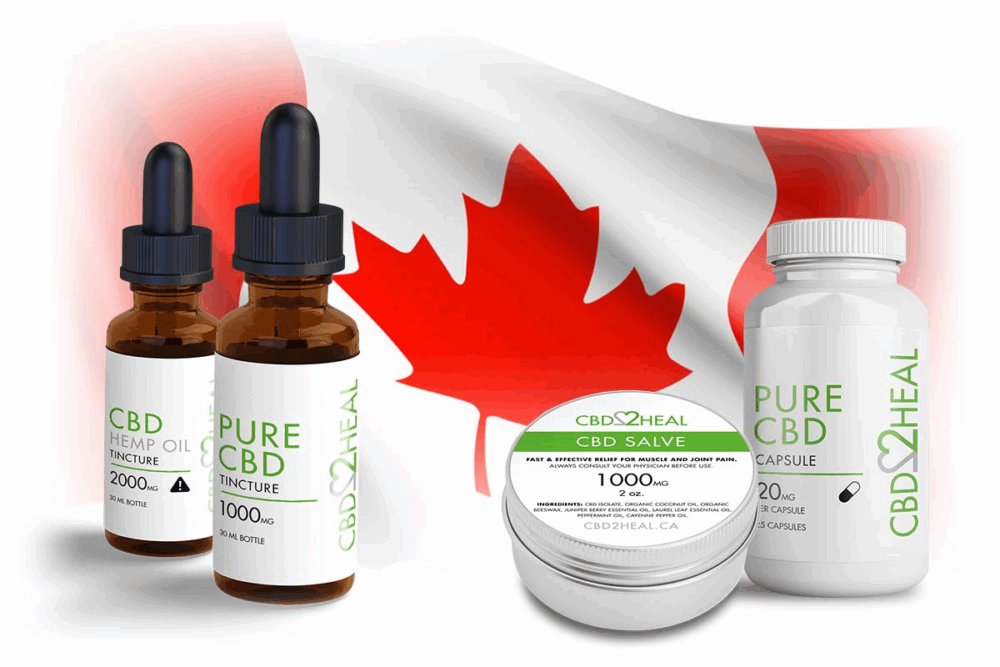Canada’s Health Ministry Approves Legal Retail Sale of CBD Products in All Stores
Recently, representatives from Canada’s Health Ministry officially announced that no significant negative physiological or psychological effects have been found in consumers of CBD and CBD-containing products, whether used short-term or long-term. As a result, experts believe that this substance and all products containing it should now be freely sold at retail by any business, even those not certified to sell medical cannabis.
CBD’s Legal Status Reviewed
A special committee within the federal Health Ministry has been discussing the special status of CBD for the past three years. They have now concluded that the substance does not have noticeable psychoactive properties and, therefore, should not be subject to strict government regulation. It’s worth noting that, despite the formal legalization of cannabis at the end of 2018, CBD was still considered a “regulated psychoactive substance” under Canadian law. This meant it could only be sold in specialized stores licensed to sell medical cannabis.
Unlike the United States, where CBD was decriminalized along with industrial hemp, Canadian laws continued to treat the cannabinoid as a potential narcotic. As a result, CBD had to be sold in specially marked packaging exclusively through cannabis stores, and many standard CBD products common in the U.S.—such as beverages and snacks with CBD extract—were not available in Canada due to legal restrictions. Now, with the formal recommendations from Health Ministry experts, it is expected that these restrictions will soon be a thing of the past.
Expert Findings on CBD Safety
According to the committee’s report, “The expert committee members agreed that consuming CBD extracts in therapeutic doses (i.e., between 20 and 200 milligrams orally per day for a month) does not pose a health risk to the body or mind, as there were no noticeable adverse side effects among a large sample of test subjects.” Interestingly, the report also notes that CBD, in fixed low doses, is safe for use in dogs. Other animals were not included in the committee’s research, so experts advise cat owners and those with other pets to be cautious when using CBD to treat their animals’ ailments.
Precautions for Certain Groups
Experts also concluded that, despite convincing evidence of CBD’s general safety, there are still significant gaps in information regarding its safe use in certain demographic groups—specifically minors, pregnant women, and people with severe or chronic mental health conditions such as schizophrenia. The committee recommends that members of these groups exercise extreme caution when using CBD extracts or refrain from using them until more data is available. Based on these considerations, experts advised that warnings on CBD product packaging should be directed specifically at these groups of potential consumers.
Next Steps and Industry Impact
It’s important to note that the committee’s decision is advisory only. However, it is highly unlikely that Canada’s Health Ministry will ignore the verdict of its own experts, especially given the pressure from the industry and the public, who see the report as confirmation of CBD’s safety. In any case, it is possible that we will soon hear about the formal decriminalization of CBD in all its forms throughout Canada.



